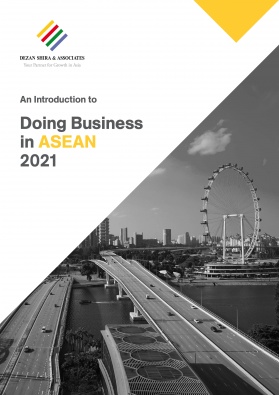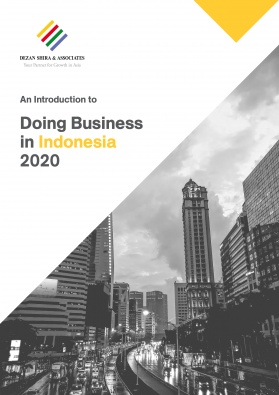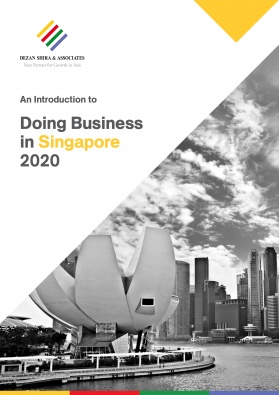Cambodia Launches Digital Currency: Key Features
- The National Bank of Cambodia launched its first digital currency, named Bakong, which was co-developed by Japanese fintech firm SORAMITSU.
- A mobile app, also of the same name, was developed to facilitate transactions that can be done using digital riel or US dollars.
- The government hopes Bakong can increase financial inclusion in Cambodia, especially among the unbanked population who constitute a majority.
On October 28, 2020, the National Bank of Cambodia (NBC) launched its first central bank digital currency (CBDC), which draws on blockchain technology co-developed by Japanese fintech firm SORAMITSU.
The e-money, named Bakong, supports transactions in riel and dollars, can be used through its mobile app. Bakong was initially established in 2017, with the government aiming to tap into the increasing number of internet users in the country, which reached some 9.7 million people and 14.8 million mobile internet subscribers.
Further, Cambodia’s e-commerce sector is projected to reach US$183 million by the end of 2020, and the annual growth rate is expected to reach 11.4 percent by 2025, resulting in a projected market volume of US$313 million during the same year.Users of the app can make payments by scanning the QR code or by inputting the phone numbers of the payee. In addition, the use of blockchain technology reduces costs for banks and users, thus encouraging the digitization of small businesses in the country. There are currently over 20 local financial institutions that have partnered with Bakong.
Bakong to accelerate financial inclusion
Increasing financial inclusion throughout Cambodia is the NBS’s primary objective in launching Bakong. The majority of salaries in the country are still paid in cash and most businesses deal in cash-only transactions, although digital payments are growing in importance in the market.
In addition to banks and financial institutions, there are currently 24 payment services institutions (PSI) in the country whose services mainly cover remittances, mobile payments, and e-commerce, with most transactions done ‘over the counter’ at specified points of sales.
Bakong aims to eliminate this by providing consumers with a centralized infrastructure that allows for more than one payment type at no cost as the transactions would be free of charge (whether customers transfer funds from their bank account to their Bakong account or vice versa).
This means businesses will save on the cost of developing their own infrastructure and networks. It will also incentivize financial institutions to provide new services to the country’s large and unbanked population as well as to the digitally oriented.
The number of e-wallet users increased by 64 percent to 5.22 million in 2019, a huge jump in a country where only five percent of the population own a bank account. Moreover, reducing the use of cash-based transactions will help mitigate risks related to counterfeit currency and fraudulent cheques, and other financial crimes.
Security is paramount
As with all financial systems, partners are expected to adhere to the ‘Know-Your-Customer’ (KYC) regulations.
Bakong utilizes a KYC tiered system. Users looking to open a higher-limit account will need to register their government-issued ID at a bank branch whereas those opening lower-limit accounts can do so via SMS verification.
Furthermore, Bakong’s digital riel and USD digital currencies are backed by assets held at the central bank and thus liquidity risks are minimal.
The system itself is powered by Hyperledger Iroha, a distributed ledger software, which records all transactions in a chronological chain of records. Iroha differs from other blockchain networks, such as Bitcoin and Ethereum, due to its operations being ‘permissioned’, meaning only certain participants with the necessary access can join the blockchain system and this ensures network redundancy and resilience.
About Us
ASEAN Briefing is produced by Dezan Shira & Associates. The firm assists foreign investors throughout Asia and maintains offices throughout ASEAN, including in Singapore, Hanoi, Ho Chi Minh City and Jakarta. Please contact us at asia@dezshira.com or visit our website at www.dezshira.com
- Previous Article Malaysia’s Healthcare Sector: A Rising Giant in ASEAN
- Next Article Myanmar öffnet den Aktienmarkt für ausländische Investoren








